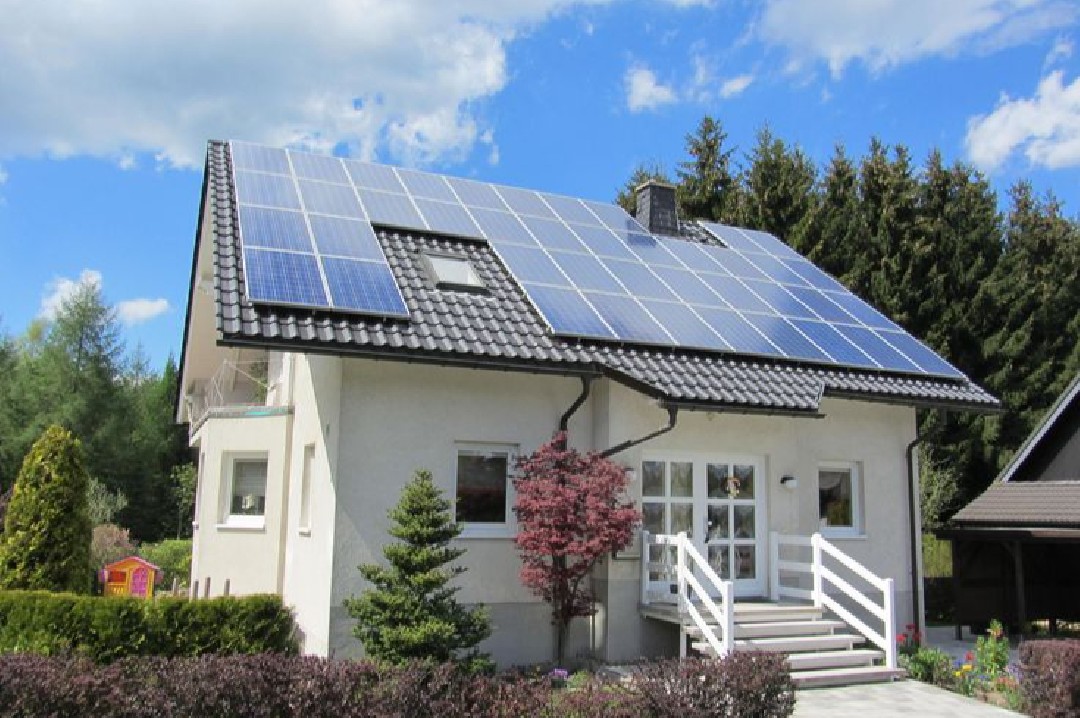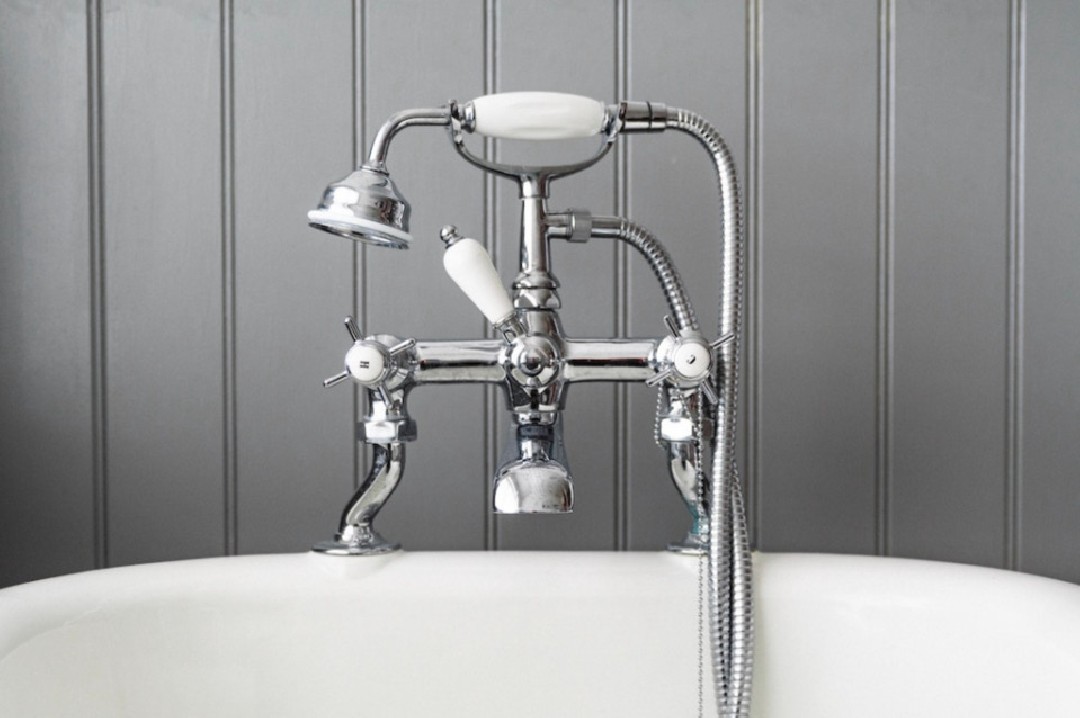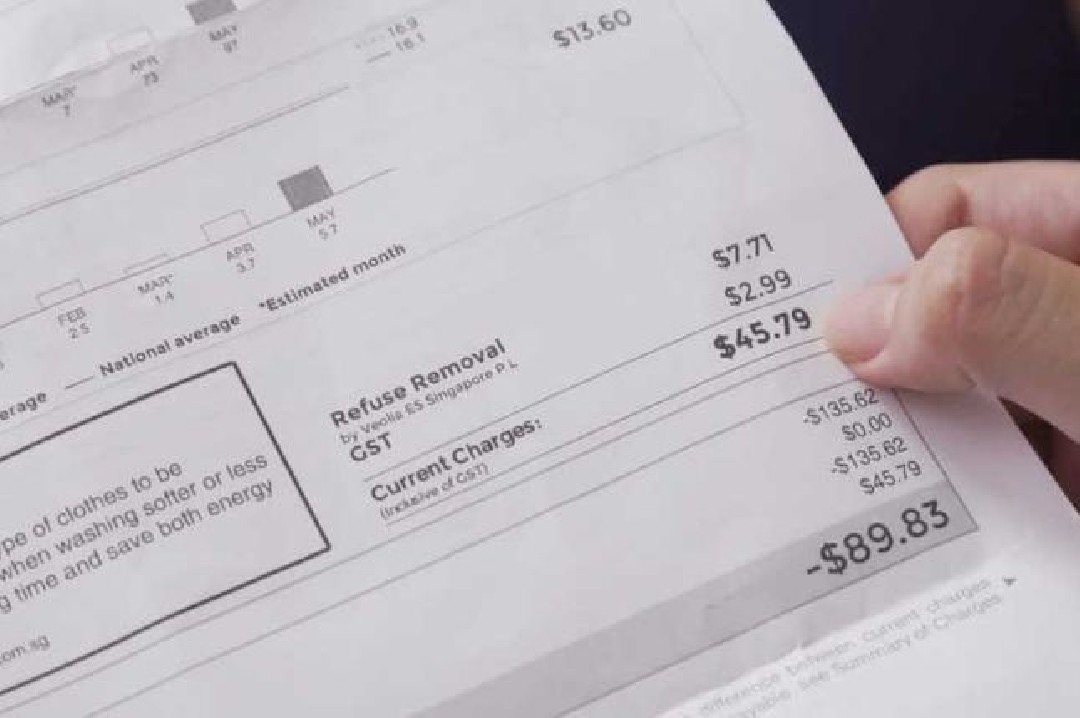5 Smart Ways to Save Electricity When Staying at Home All Day

In the midst of soaring electricity prices, saving energy is becoming increasingly important. Especially for those of you who spend all day at home. The habit of turning on lights and electronics all day can make your electricity bill skyrocket. But don't worry! There are a few smart ways you can implement to save electricity when you're at home:
1. Be a Detective of Electricity-Guzzling Monsters

The first step to saving electricity is to understand your own habits. Pay attention to which rooms are often left dark but the lights are still on. Note which electronics you tend to forget to turn off after using them. Monitor for a week to see the pattern of electricity usage in your home. By knowing your electricity-wasting habits, you can make more targeted improvements.
2. Turn Off the Artificial Brightener: Utilize Sunlight!

This is a simple and effective way that is often overlooked. Make a habit of opening curtains and windows during the day. Sunlight is a natural light that is not only healthy but can also save electricity. Arrange natural light to reach the entire room. If necessary, use low-power lights only as a focal point for additional lighting. In addition, consider using motion sensor lights in some areas such as bathrooms, garages, or storage rooms. Motion sensor lights will automatically turn on when they detect movement and turn off when there is no one, so you don't have to worry about forgetting to turn off the lights.
3. Fight Standby Monsters by Unplugging Cables!

Have you ever noticed the small indicator lights that stay on on electronic devices even when they are turned off? This is a sign that the device is still using power in standby mode. Although the power is small, if left on continuously on many devices, the amount can be significant. Unplug the cables of electronic devices such as cellphone chargers, laptops, televisions, and sound systems that are not in use. In addition to saving electricity, unplugging cables can also help extend the life of your electronic devices. As an alternative, use power strips with individual switches so you can turn off power to multiple electronic devices at once.
4. Energy-Saving Cool AC: Your Best Friend on a Hot Day

AC is one of the biggest contributors to electricity consumption in homes. However, that doesn't mean you can't enjoy the coolness on a hot day. Choose an AC with an energy-saving label that uses inverter technology. This technology works by adjusting the compressor speed so that the AC does not have to cycle on and off to maintain room temperature. In addition, set the room temperature appropriately. The ideal room temperature is between 24-26 degrees Celsius. The colder you want the room, the greater the electricity consumption of the AC. In addition, clean the AC filter regularly. A dirty AC filter can obstruct airflow, so the AC has to work harder. Clean the AC filter regularly to improve cooling efficiency and reduce energy consumption.
5. Replace Bad Habits with Energy-Efficient Electronics

When your refrigerator starts to get old or your washing machine starts to act up, don't rush out and buy a replacement. Consider making repairs first. However, if the electronic device can no longer be repaired, then this is the right time to switch to a more energy-efficient device. Look at the energy label on each electronic device before buying it. Choose devices with a higher star rating, which indicates lower energy consumption. In addition, pay attention to the capacity of the electronic device you need. Don't buy electronic devices with a capacity that is much larger than your needs. The larger the capacity, the higher the power consumption.
Additional Tips to Save Electricity:
- Fan: A Cool and Energy-Saving Friend. For rooms that are not too hot, use a fan as an alternative to AC. Fans are much more energy efficient than ACs.
- LED Lights: Bright, Saving and Eco-Friendly. Replace incandescent bulbs with LED lights. LED lights have a longer lifespan and use less energy than incandescent bulbs.
- Wash Clothes Smartly. When washing clothes, use cold water or warm water as needed. Washing with hot water requires more energy to heat it. In addition, make it a habit to wash clothes at full capacity so that the washing machine works more optimally.
- Take Advantage of Energy-Saving Features. Some washing machines and refrigerators have energy-saving modes. Use these features to save electricity.
- Clean the AC Filter Regularly.
Benefits of Saving Electricity:
- Reduced Electricity Bills. Saving electricity can help you reduce your monthly electricity bills.
- Help Conserve the Environment. Excessive energy use can lead to global warming and environmental damage. Saving energy means reducing greenhouse gas emissions and helping to protect the environment.
- Improve Community Life. Saving energy can help improve community life by providing more affordable and sustainable access to energy.
Benefits of Saving Electricity:
- Reduce Electricity Bills. Saving electricity can help you reduce your monthly electricity bill.
- Helping to Preserve the Environment. Excessive energy use can cause global warming and environmental damage. Saving energy means reducing greenhouse gas emissions and helping to preserve the environment.
- Improving Community Life. Saving energy can help improve people's lives by providing more affordable and sustainable energy access.
Conclusion:
Saving electricity is not only beneficial for your finances, but also for environmental sustainability. By implementing the smart ways in this article, you can significantly save electricity and contribute to a more sustainable future.
Remember: Every watt you save is a small step towards a brighter future.








